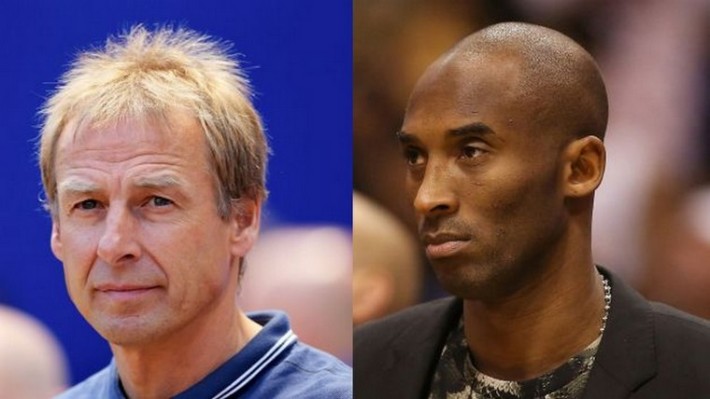The United States kicked off their 2014 World Cup campaign with a 2-1 victory over Ghana, a meaningful win given their past eliminations by the Black Stars in 2006 and 2010. However, a major talking point leading into the tournament wasn’t just the result—but the controversial omission of Landon Donovan, the U.S. national team’s all-time top scorer.
U.S. coach Jürgen Klinsmann, when questioned about Donovan’s exclusion, sparked a stir by comparing it to Kobe Bryant’s $50 million contract extension with the Los Angeles Lakers. Klinsmann’s rationale? He believed Donovan’s inclusion would have been based on past accomplishments, not current or future performance:
“Kobe Bryant, for example. Why did he get a two-year extension for 50 million dollars? For what he will do during the next two seasons for the Lakers? Of course not. He got it because of what he did in the past. It makes no sense.”
Kobe Bryant, present in Brazil as part of ESPN’s World Cup coverage, responded with both humor and subtle critique:
“I found it very funny. In fact, I found it very comical.”
He acknowledged Klinsmann’s point but added:
“You want to be part of a franchise that rewards its players for what they’ve done while maintaining a balance for the future… Jürgen is a coach. He’s not a GM or a franchise owner. When you look at it from that perspective, it changes a little. But he probably could have used another player as an example.”
Kobe’s response highlighted the cultural and managerial contrast between European-style merit-based selections and the loyalty and brand legacy often seen in American sports franchises.
While the U.S. began their World Cup strongly on the field, Klinsmann’s decision—and the way he defended it—remained a hot debate in sports media, with Donovan’s absence still looming large over the campaign.












